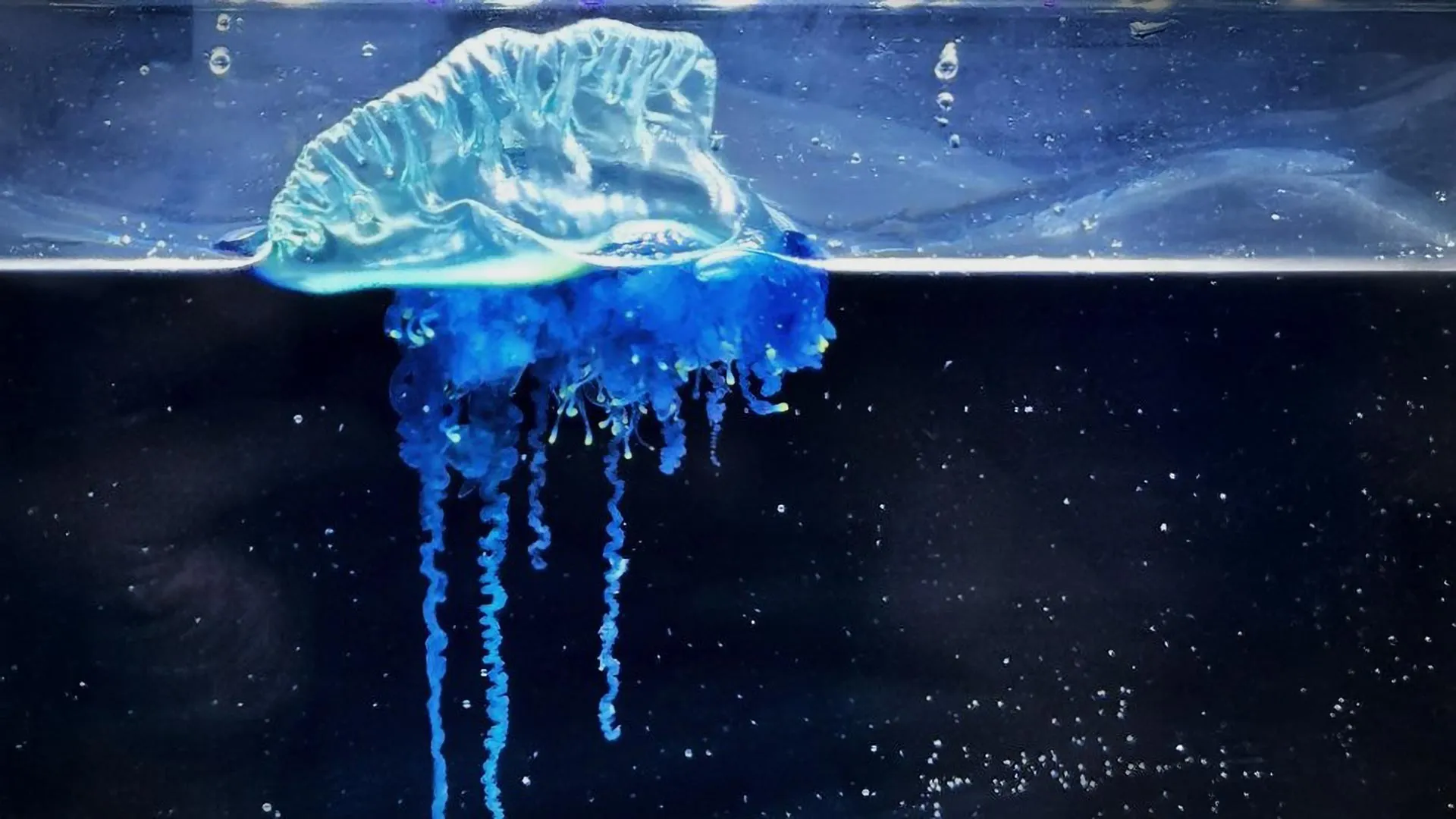PROTECT YOUR DNA WITH QUANTUM TECHNOLOGY
Orgo-Life the new way to the future Advertising by AdpathwayBrains, spiders, (were)wolves and slimy eyeballs might sound like props from a horror movie, but these eerie topics come straight from serious scientific research. Studies published in ACS journals are exploring innovative ways to improve human health, from growing brain tissue without animal testing to creating on-demand wound care and developing edible coatings that keep vegetables fresh. Even the human eye is under investigation as scientists uncover how microplastics might affect our vision.
Growing Mini-Brains in the Lab
In a study described in ACS Sensors, scientists successfully cultivated a small, three-dimensional "mini-brain" in a dish. Over the course of two years, cultured human nerve cells multiplied and organized themselves into a functioning organoid capable of generating electrical activity. This breakthrough allows researchers to explore how brain cells interact and communicate without using animals in experiments. Future advances could make these organoids valuable tools for studying brain function -- or, as the researchers jokingly note, a possible "lab-grown lunch option for zombies."
Spider-Inspired Glove Spins Wound Dressings
In ACS Applied Materials & Interfaces, scientists took inspiration from spiders to create a unique glove fitted with spinneret-like devices that release ultra-thin polymer fibers. The invention allows medical workers to spin wound dressings directly onto injuries in real time. Such a system could be especially useful in hospitals, sports arenas, or battlefield environments. And in case anyone is wondering, these experiments did not involve any radioactive spider bites.
Wolf Apple Coating Keeps Produce Fresher
Researchers reporting in ACS Food Science & Technology found that starch extracted from the wolf apple -- a fruit native to Brazil and a favorite of the maned wolf -- can be transformed into a natural, edible coating that helps preserve food. When applied to baby carrots, the coating kept them bright and fresh for up to 15 days at room temperature. The material offers a safe, cost-effective way to extend the shelf life of produce, whether or not there's a full moon.
Microplastics Found in Human Retinas
In ACS Environmental Science & Technology Letters, scientists examined 12 post-mortem human retinas (no eye of newt required) and discovered microplastic particles in every sample. The plastics varied in type and concentration, revealing how pervasive they have become -- even in such delicate tissue. The researchers say these findings lay important groundwork for future investigations into how microplastics might influence vision and overall eye health.


 2 days ago
4
2 days ago
4


















.jpg)






 English (US) ·
English (US) ·  French (CA) ·
French (CA) ·